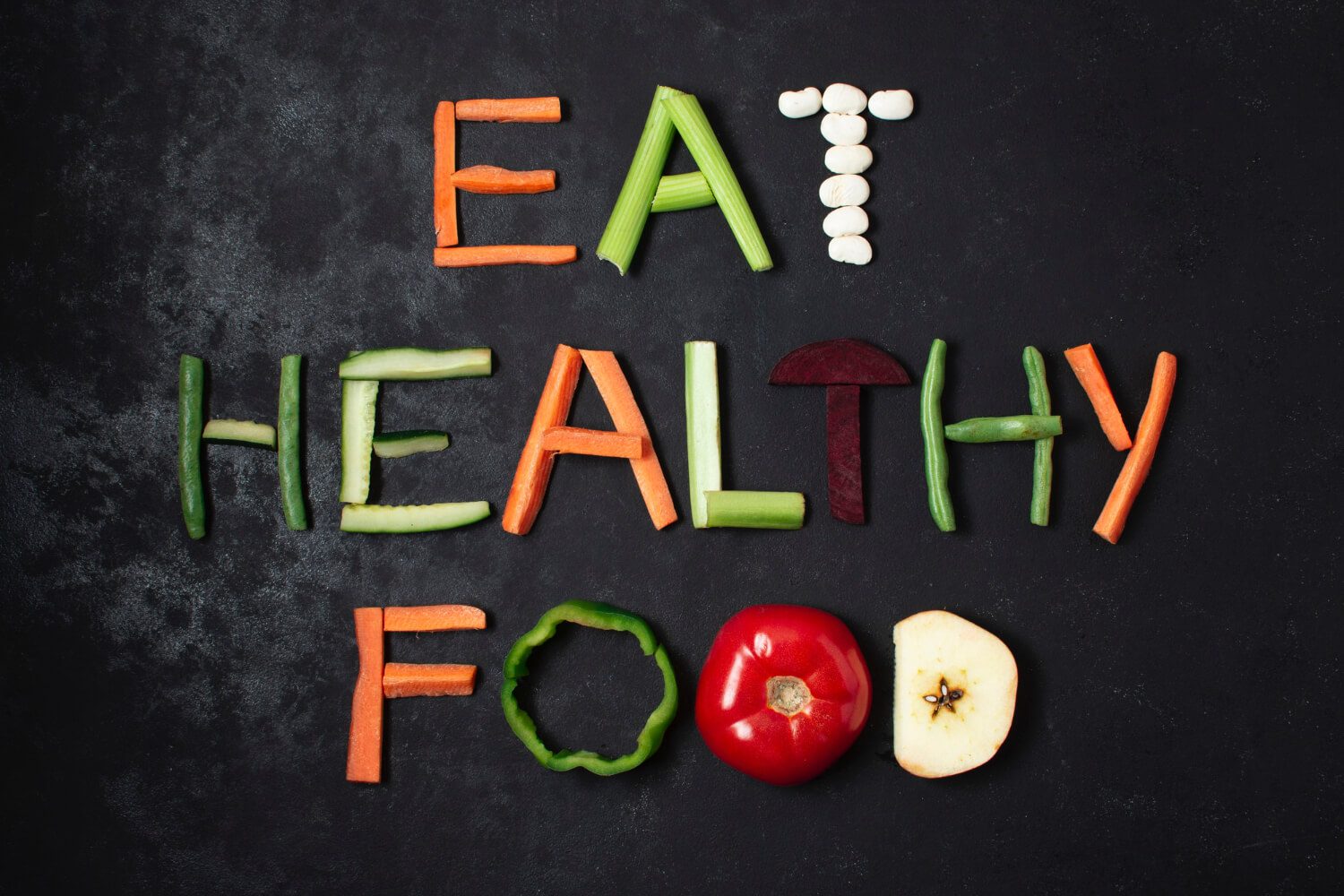Blog
How to Repair An Unhealthy Relationship With Food

Melissa Mitri, MS, RD, is a registered dietitian nutritionist, weight loss specialist, and expert health writer with over 15 years of experience in the health and wellness industry. Melissa has worked in a variety of healthcare settings where she helps clients improve their diet through an individualized approach.
In this TEDXYouth video, Carolina shares her past unhealthy relationship with food and dieting and sheds light on the vast amount of misinformation from a diet-culture-driven society. She reveals how she had this unhealthy relationship since she was a small child, ever since her doctor told her she was overweight.
While she suffered from an eating disorder and struggled with dieting for years, she now is in a place where she has a healthy food relationship and loves herself.
Keep reading to learn her solutions as to how we as individuals and a society can reduce the risk of eating disorders, educate our youth, and learn to listen to our bodies again.
Carolina’s Unhealthy Relationship With Food
Carolina begins by sharing that she first started dieting at 7 years old. She discusses that no matter how thin she was, she never felt happy in her body and always hated herself.
She used to always get mad at herself for eating chocolate or any food society deemed as unhealthy, and how she wished she could eat a cookie without feeling guilty or fearful she would gain weight.
Over time, she started to improve her mindset around food and focus on nutrition. While she used to think of foods as being “good” or “bad,” she now understands food is neutral. While she acknowledges that eating too much of a certain food like chocolate may not be good for your body, in moderation it is not inherently bad.
She grew up being unaware of the prevalence of eating disorders, the warning signs, and what to do if you have an unhealthy relationship with food.
Startling Eating Disorder Statistics
Carolina shares that according to the National Association of Anorexia Nervosa and Associated Disorders, 50% of teenage girls and 30% of teenage boys use unhealthy weight control behaviors.
This statistic alone shows how so many of us struggle with food relationships at such a young age.
She also shares how those who have unhealthy food behaviors are also at risk of depression, anxiety, and suicide.
Carolina now wants to change this for today’s youth, starting with increasing awareness. She says education about eating disorders should be standard in school in terms of warning signs to look for and how to get help.
She then offers 3 tips to start to improve your relationship with food.
Carolina’s Top 3 Tips To Fix An Unhealthy Relationship With Food
1. Practice self-love. Treat yourself kindly and speak lovingly to yourself, as you would to others.
Carolina used to be very hard on herself. She would speak to herself very negatively and get mad at herself if she didn’t eat “healthy.” I see many of my nutrition clients do this often, speaking to themselves shamefully for the way they ate.
But this self-hatred is not only damaging to your mental health, but to your physical health as well.
Instead, Carolina recommends being gentle and kind to yourself. Cut yourself some slack and recognize you are strong, beautiful, and doing the best you can for your body.
2. Erase diet culture rules.
Our diet culture makes us believe that what we’re doing it not good enough. That we need to say no to our favorite foods, exercise to punish ourself, and become a certain size to feel good about ourselves.
Caroline encourages you to rid yourself of these myths and rules, and to remember there are no good and bad foods. Instead, food is neutral and it carries no merit. Listen to your body and nourish it with food that gives you energy, that you enjoy, and makes you feel good.
3. Stop comparing yourself on Social Media. It is fake.
Caroline addresses the problem with social media, and that you shouldn’t believe everything you see on the internet. Much of social media is filtered and untrue, and is difficult to ascertain fact from fiction.
Social media can make you feel bad about yourself or think you’re not good enough. This can harm your self-esteem and worsen your unhealthy relationship with food.
Instead she suggests seeking reliable sources of information that are factual. This can be from a trusted and credentialed doctor, nurse, or registered dietitian-nutritionist.
It’s also helpful to unfollow any social media accounts that make you feel any sort of negatively.
What is Considered Unhealthy Eating Behavior?
If you’re not sure if your food relationship classifies as unhealthy, here are a few warning signs:
- You feel like you have to “earn” your meals
- You often feel guilt or shame after eating certain foods
- You have strict rules around what you can and can’t eat
- You obsess over the calorie content of food
- You’re always questioning if the food you’re eating is a “good” choice
- You skip meals or eat differently after overeating to prevent your calories from going over
- You can only eat certain foods if you exercised
While some of these signs may not be that obvious, their presence indicates a potential unhealthy food relationship that may get worse if not addressed.
We hope this information and tips were helpful for you to repair your own unhealthy relationship with food. In addition to these 3 simple wellness tips, incorporating quality supplements into your routine can help you meet your nutrition needs while you learn to listen to your body again.
As a Registered Dietitian, I recommend starting with a multivitamin and protein powder to ensure you meet your basic nutritional requirements.

Melissa Mitri, MS, RD, is a registered dietitian nutritionist, weight loss specialist, and expert health writer with over 15 years of experience in the health and wellness industry.
Melissa has worked in a variety of healthcare settings where she helps clients improve their diet through an individualized approach.
- Latest Posts by Melissa Mitri, MS, RD
-
Planning Healthy Meals On A Budget
- -
5 Worst Foods For Arthritis
- -
5 Easiest Fruits and Vegetables to Grow, and Which To Buy
- All Posts
